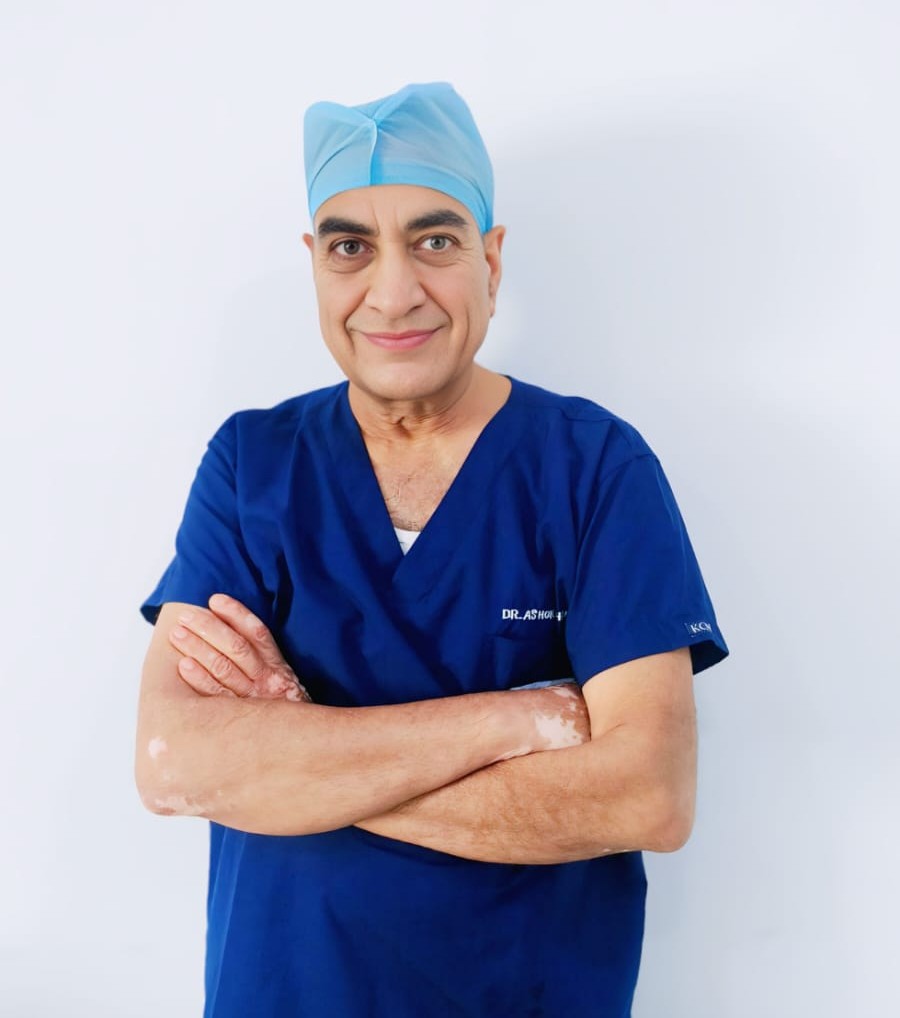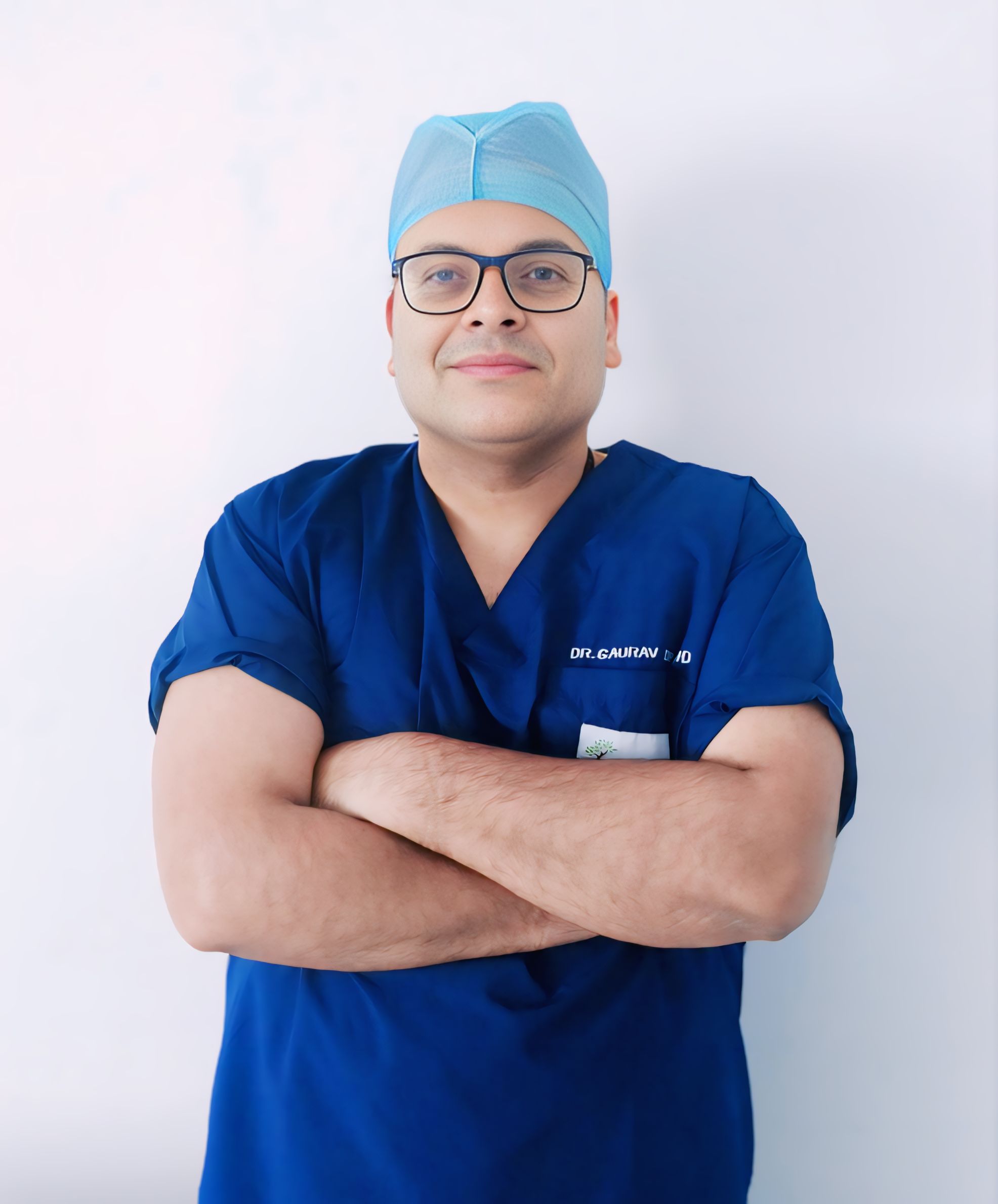Khandaka Hospital: The best Pediatric orthopaedics deformity Hospital in Jaipur:
Looking for the best Pediatric orthopaedics deformity Hospital in Jaipur for your child? If yes, then Khandaka Hospital is there for you. But before that, let us know about Pediatric orthopaedics deformity. Pediatric orthopaedics deformity is dedicated to correcting and preventing skeletal deformities in children. This can involve treating simple conditions like clubfoot to complex surgeries to correct severe scoliosis. Pediatric orthopaedic surgeons work closely with other specialists, such as paediatricians, to ensure that children receive the best care.
Many different types of deformities can affect children. Some of the more common conditions that pediatric orthopaedic surgeons treat include scoliosis, clubfoot, and hip dysplasia. In some cases, deformities are present at birth. In other cases, they may develop over time. Deformities can also be the result of an injury or an illness.
Pediatric orthopaedic surgeons use various techniques to treat their patients, including surgical and nonsurgical methods. They work closely with other healthcare team members, such as physiotherapists and occupational therapists, to ensure that the child receives the best care.
What do we mean by the pediatric orthopaedics deformity branch?
Pediatric Orthopedics is a branch of medicine that deals with diagnosing and treating musculoskeletal disorders in children. It is a relatively new speciality constantly evolving as new technologies and treatments are developed.
Pediatric orthopaedics deformity Doctor responsible for?
No matter the cause, pediatric orthopaedic surgeons are dedicated to correcting skeletal deformities and helping children lead healthy, active lives. Treatments can range from simple exercises and stretches to complex surgeries. In some cases, a combination of treatments may be necessary. The goal is always to provide the best possible care for each child.
Diseases associated with Pediatric orthopaedics deformity
Several different diseases can cause deformities in pediatric patients. Some of the more common ones include scoliosis, kyphosis, and lordosis. These conditions can often be treated with surgery, but they may require lifelong management in some cases. Other less common diseases that can cause pediatric orthopaedic deformities include osteogenesis imperfecta and multiple epiphyseal dysplasias. These conditions can be more challenging to treat and may cause more significant deformities. In severe cases, these conditions can lead to disability or even death. It is best to get treated at a reputed Pediatric orthopaedics deformity Hospital in Jaipur.
Treatment & Procedures offered by Khandaka Hospital:
There are many different types of pediatric orthopaedic deformities, and the treatment and procedures related to each can vary greatly. In general, however, the goal of treatment is to correct the deformity and improve the child's function and quality of life. Depending on the severity of the deformity, this may be accomplished through a combination of surgery, bracing, and physical therapy.
- The most common type of pediatric orthopaedic deformity is scoliosis, a spine curvature. Treatment for scoliosis typically involves using a back brace to slow the curve's progression.
- In some cases, surgery may also be necessary to correct the deformity.
- Another common type of pediatric orthopaedic deformity is clubfoot. Clubfoot is a foot deformity that causes it to point downward and turn inward.
- Treatment for clubfoot typically involves a combination of serial casting and surgery.
The procedure of Pediatric orthopaedics deformity surgery at Khandaka Hospital
- The first step in any pediatric orthopaedic deformity procedure is to consult with our best Pediatric orthopaedics deformity Doctor in Jaipur. Once a decision is made to proceed with surgery, the next step is gathering all necessary medical records and X-rays. These records will be used to formulate a treatment plan.
- After the consultation and record gathering, the next step is to schedule the surgery. This will typically involve a pre-operative visit to assess the child's health and review the procedure's details. The day of surgery will begin with a check-in at the hospital. The child will then be taken to the operating room, where they will be given anesthesia.
- Once the child is asleep, the surgeon will make the necessary incisions and corrections to the deformity. This part of the surgery will vary depending on the type and severity of the deformity. After the corrections have been made, the incisions will be closed, and the child will be taken to the recovery room.
- The final step in the pediatric orthopaedic deformity procedure is the post-operative visit.
Facilities and Services Provided by Khandaka Hospital:
Our Pediatric orthopaedics deformity Hospital in Jaipur is responsible for a wide range of facilities and services related to pediatric orthopaedics deformity, including but not limited to:
- Providing a comprehensive range of diagnostic and treatment services for children with orthopaedic deformities
- Offering a multidisciplinary approach to care, involving a team of specialists from different disciplines
- Offering both inpatient and outpatient services
- Providing rehabilitation services to help children regain function and mobility
- Offering support and guidance to families throughout the child's treatment journey
Why Choose Khandaka Hospital?
Khandaka Hospital is one of the best Pediatric orthopaedics deformity hospitals in Jaipur. We are a leading provider of pediatric orthopaedic care in the region, and our team of specialists is second to none. We have been providing excellent medical care to children with deformities for years. We offer a wide range of services, from corrective surgery to rehabilitation, and our patients always come first.
We understand that choosing a hospital for your child can be difficult, but we hope you consider Khandaka Hospital your first choice. We are committed to providing the best possible care for our patients, and we would be honoured to care for your child.
Meet Our Doctors

Dr. Ashok Khandaka
Chief Orthopaedic Surgeon

Dr. Gaurav Dravid
Orthopaedic Surgeon
Health Tips & Info
The most common reason for a child to see the Best Pediatric orthopaedics deformity Doctor in Jaipuris is to treat a congenital deformity, such as scoliosis or clubfoot. Other common causes include the treatment of fractures, joint problems, and limb length discrepancies.
No, not all pediatric orthopaedics deformity treatment leads to surgery. Many joint deformities can be treated without surgery at our Pediatric orthopaedics deformity Hospital in Jaipur.
However, surgery may be necessary in some cases to correct the deformity. Some factors that will determine whether or not surgery is needed include the severity of the deformity, the age of the child, and overall health.
Many types of pediatric orthopaedic deformities that range from mild to severe are treated at our best Pediatric orthopaedics deformity Hospital in Jaipur. The most common type is scoliosis, a sideways curvature of the spine. Other types include kyphosis, which is excessive rounding of the upper back, and lordosis, which is an excessive arching of the lower back.
More severe deformities can consist of limb length discrepancies, where one limb is significantly shorter than the other, and congenital dislocation of the hip, where the hip joint is not formed correctly. Treatment for these deformities varies depending on the severity but can include bracing, surgery, and physical therapy.
The amount of time it takes to treat clubfoot deformity can vary depending on the severity of the deformity and the patient's age. In general, however, at our best Pediatric orthopaedics deformity Hospital in Jaipur, it is thought that clubfoot deformity can be effectively treated within a few months to a year with a combination of physiotherapy, bracing, and surgery. In some cases, patients may require lifelong treatment and monitoring to ensure that the deformity does not return.
The decision of whether or not to proceed with surgery should be made on a case-by-case basis after careful consideration by the child's parents and by the best Pediatric orthopaedics deformity Hospital in Jaipur.
Certain risks are associated with any surgery, and these risks must be weighed against the potential benefits of the surgery.
In general, however, pediatric orthopaedics deformity surgery is considered relatively safe, and complications are rare—most children who undergo surgery experience a successful outcome and can lead everyday, active lives.
- ????It is essential to discuss the surgery with your child before the procedure thoroughly.
- This will help them to understand what will be happening and to feel more comfortable about the situation.
- It is also essential to ensure that they are well-rested and have eaten a nutritious meal before the surgery.
- If your child is anxious, several relaxation techniques can help them feel more at ease.
- Ultimately, it is essential to be supportive and reassuring throughout the process.
A pediatric orthopaedics deformity doctor is a medical specialist trained to diagnose and treat problems with children's bones, joints, and muscles. They can treat a wide variety of conditions, including knock knees.
If your son has knocked knees, the Best Pediatric orthopaedics deformity Doctor in Jaipur will likely recommend a treatment plan that includes exercises and wearing a brace. In some cases, surgery may be necessary. The doctor can determine the best course of treatment based on the severity of your son's condition.

